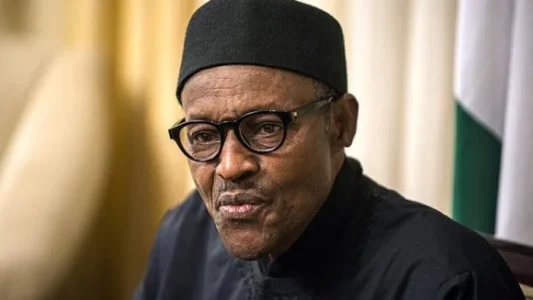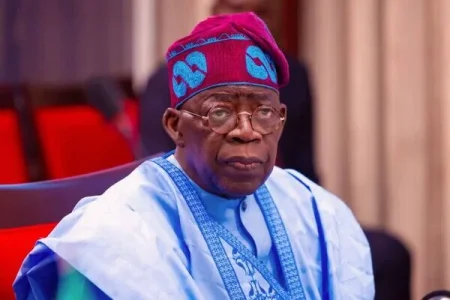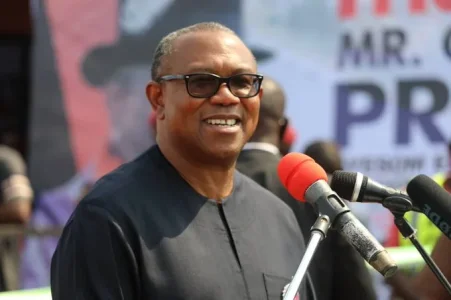
The passing of Muhammadu Buhari marks the end of a significant, yet controversial chapter in Nigeria's history. His time in office was marked by both military and civilian rule, and while some remember his early leadership with mixed feelings, his presidency was undeniably a pivotal moment for the country. Here are 11 key things to know about the late President Muhammadu Buhari:
- Birth and Early Life: Born on December 17, 1942, in Daura, Katsina State, Nigeria, Buhari was the 23rd child of his father, Mallam Hardo Adamu. He was raised by his mother after his father’s death when he was just four years old.
- Early Education: Buhari attended primary school in Daura and Maidua, Katsina Middle School, and Katsina Provincial Secondary School, where he earned his West African School Certificate.
- Military Career: He joined the Nigerian Army in 1961 and underwent officer training in England. He held key positions such as Military Governor of North Eastern State and Federal Commissioner for Petroleum Resources.
- Head of State: On December 31, 1983, Buhari became military Head of State after a coup that ousted President Shehu Shagari. He introduced the "War Against Indiscipline" (WAI), a campaign to fight corruption.
- Ouster: Buhari’s regime was overthrown in 1985 by a coup led by General Ibrahim Babangida. Buhari was detained until 1988, after which he resumed his public life.
- Post-Military Role: After his release, Buhari served as Executive Chairman of the Petroleum Trust Fund (PTF) from 1994 to 1999, where he focused on infrastructure development, healthcare, and education.
- Presidential Aspirations: Buhari ran for president unsuccessfully in 2003, 2007, and 2011 under different political platforms. His reputation for incorruptibility kept him in the public eye as a consistent presidential contender.
- 2015 and 2019 Presidency: Buhari won the presidency in 2015, defeating incumbent Goodluck Jonathan. He was re-elected in 2019, focusing on anti-corruption, security, and economic reforms throughout his tenure.
- Challenges: During his presidency, Buhari faced a series of challenges, including the Boko Haram insurgency, a 2016 economic recession, and several health issues that led to frequent medical trips abroad.
- End of Tenure: After completing his second term, Buhari handed over power on May 29, 2023, marking the end of his presidency and his return to a quieter life.
- Family and Personal Life: Buhari married twice. His first marriage to Safinatu Yusuf in 1971 resulted in five children. They divorced in 1988. He married Aisha Halilu in 1989, and they had five children. Buhari is survived by his children and wives.




![[PHOTOS/VIDEO] Former President Buhari Laid to Rest in Daura](/data/attachments/218/218947-a494c5db17170998084dc86d95a84e3e.jpg?hash=6fLnqYF83s)